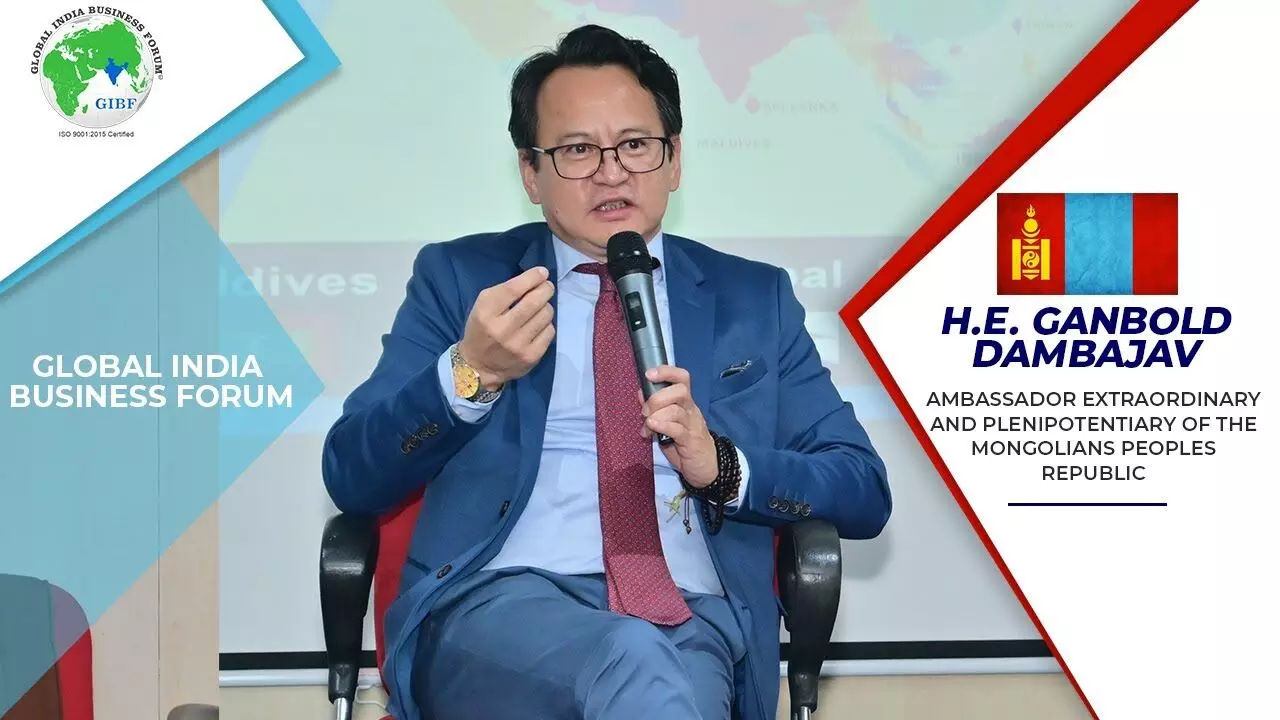India-assisted refinery in Mongolia on track for 2026 launch
Construction faced a setback of 1.5 years due to the COVID-19 pandemic
image for illustrative purpose

New Delhi: Mongolia's ambassador to India, Dambajav Ganbold, affirmed that the India-funded greenfield oil refinery project in South Gobi remains on schedule and is expected to commence operations by 2026. Despite acknowledging some delays from the Indian side in delivering necessary products for the refinery plant, Ganbold expressed overall confidence in the project's progress. He underscored its significance for bilateral relations, eagerly anticipating its completion.
India's commitment to the project was underscored by a $1.2 billion line of credit announced during Prime Minister Narendra Modi's 2015 visit to Mongolia. However, construction faced a setback of 1.5 years due to the COVID-19 pandemic. Ganbold reassured that despite this delay, work on the refinery project is advancing steadily, with expectations for full operational status by 2026.
With a planned capacity of 30,000 barrels per day or 1.5 million tonnes annually, the refinery aims to reduce Mongolia's reliance on Russian oil imports. It is poised to fulfil the country's demand for gasoline, diesel, aviation fuel, and liquefied petroleum gas upon completion.
Anticipating a visit by the Indian Prime Minister in 2025, coinciding with the 70th anniversary of diplomatic relations, Ganbold highlighted the forthcoming milestones. He also noted the expected visit of Mongolia's President to India later in the year, further cementing the robust diplomatic ties between the two nations.
In a significant cultural collaboration, the ambassador, along with Union Ministers Kiren Rijiju and Meenakshi Lekhi, launched the song "Duur," featuring renowned Indian singer Mohit Chauhan and Mongolian artist Baataraj Erdenetsogt. Ganbold hailed this collaboration as promising, emphasizing the potential for closer ties between the two nations.
Looking beyond formal diplomatic relations, Minister of Earth Sciences Kiren Rijiju stressed the importance of informal events such as music, entertainment, and cultural activities in fostering true friendship between India and Mongolia. Ganbold echoed this sentiment, highlighting opportunities for enhanced economic collaboration in tourism, agriculture, and the mineral sector, particularly in rare earth elements crucial for modern technologies.


